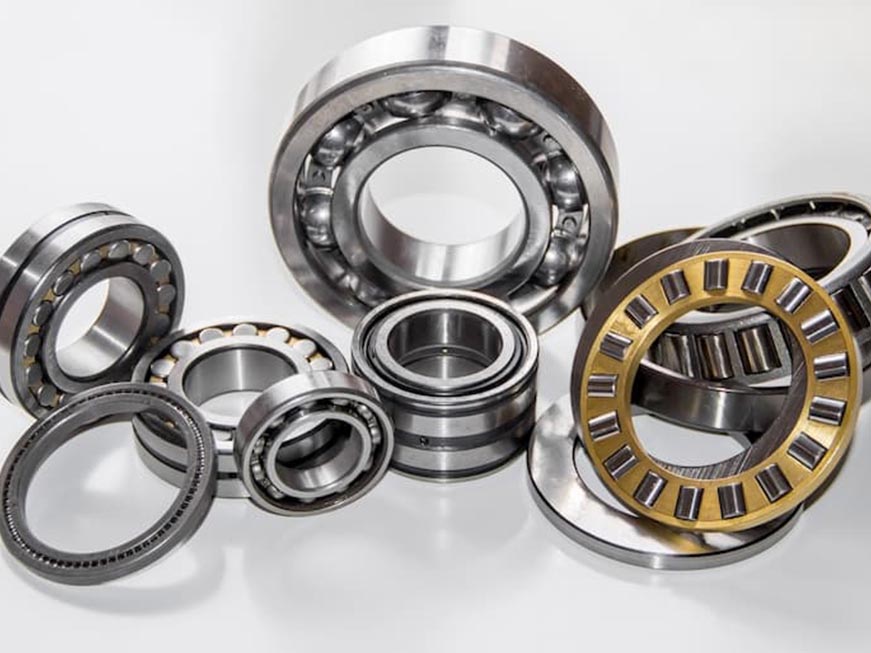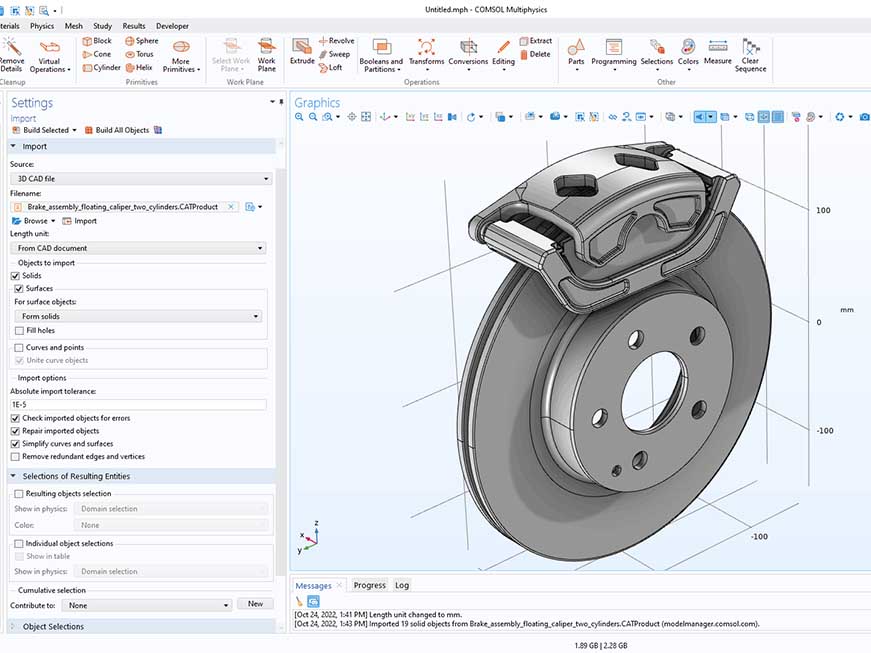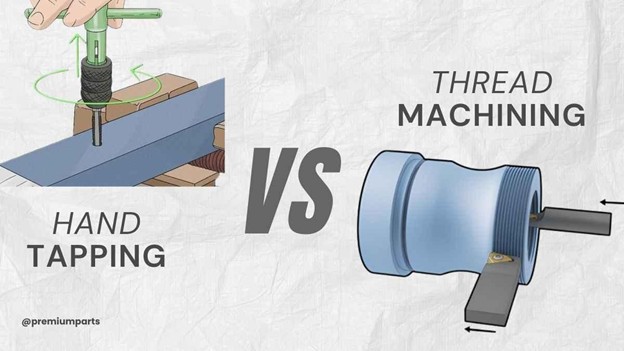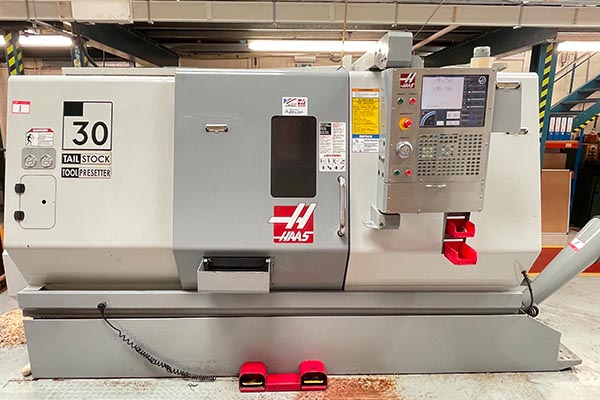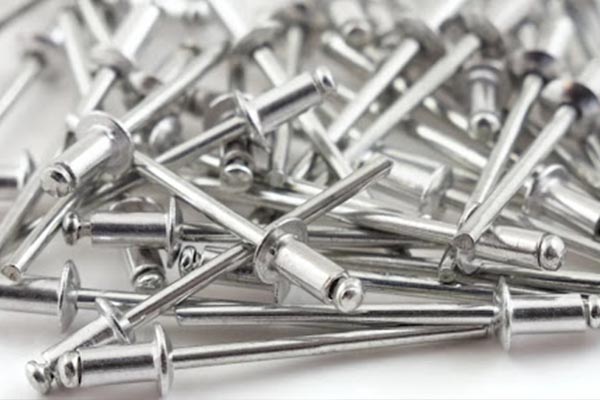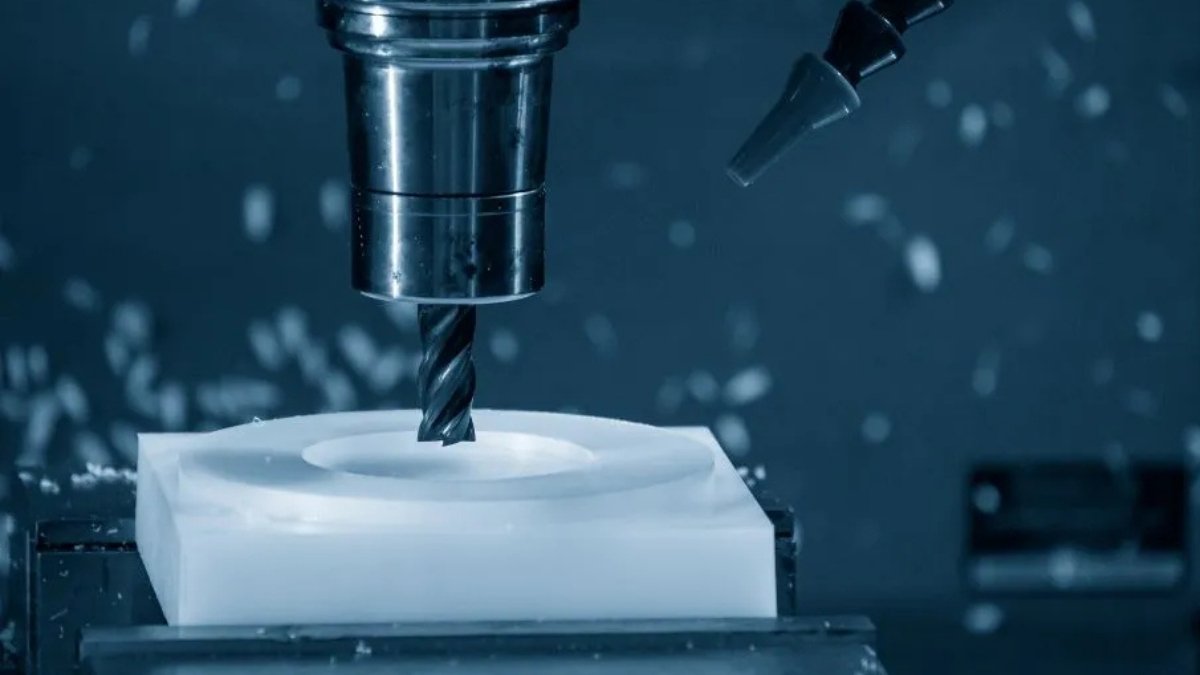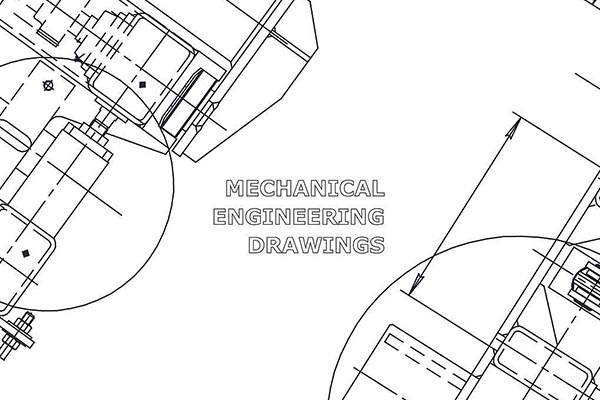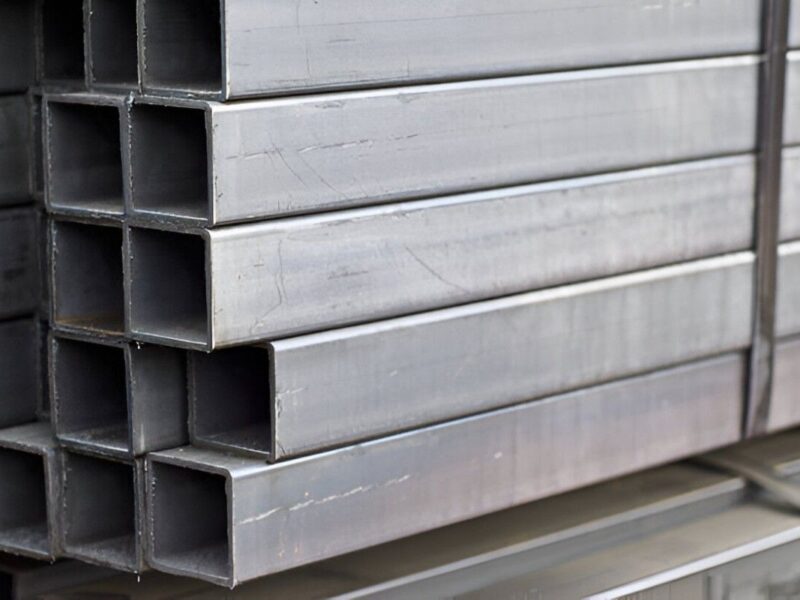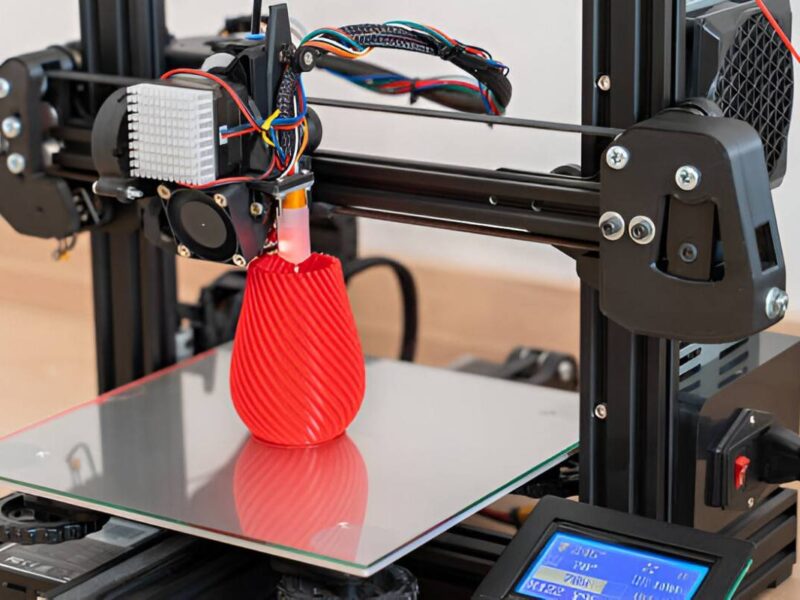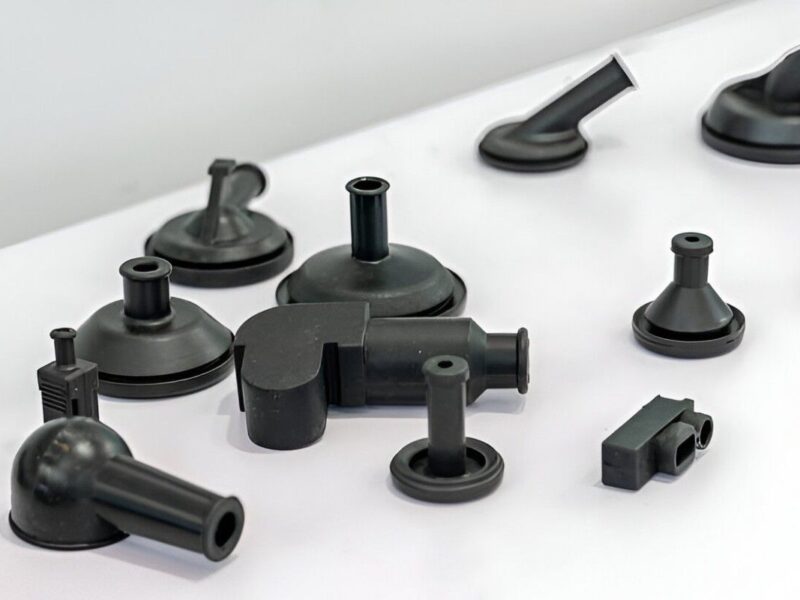The effects of the novel Coronavirus “COVID-19” have been felt worldwide. And with many countries still struggling to keep their local cases under control, it can take a long while if the global economy ever returns to what it was like. Amidst the worldwide pandemic, manufacturing businesses have had to reduce operations, incur costs, make minimal profits, and sustain their employees. From CNC machining to Injection molding and 3D printing, manufacturers worldwide share the same concern.
Understanding the impact of COVID-19 on Manufacturing
The significant impact of COVID-19 on the manufacturing business has been around health concerns and supply chain disruption. As all non-essential enterprises have shut down, manufacturers have prioritised the health of their workers, resulting in a stay-at-home approach for everyone. For critical production runs, semi or fully automated factories can do with a handful of operators.
China, the world’s manufacturing capital, has faced severe supply chain issues in the wake of the COVID-19 pandemic. Aside from being unable to process its raw materials and carry out production as intended, the company shut down several factories to uncover the root cause and mitigate the spread of the virus. This resulted in the quickest slump for factory activity in China’s history and its lowest purchasing manager’s index (PMI) since inception.
Companies Making a Change
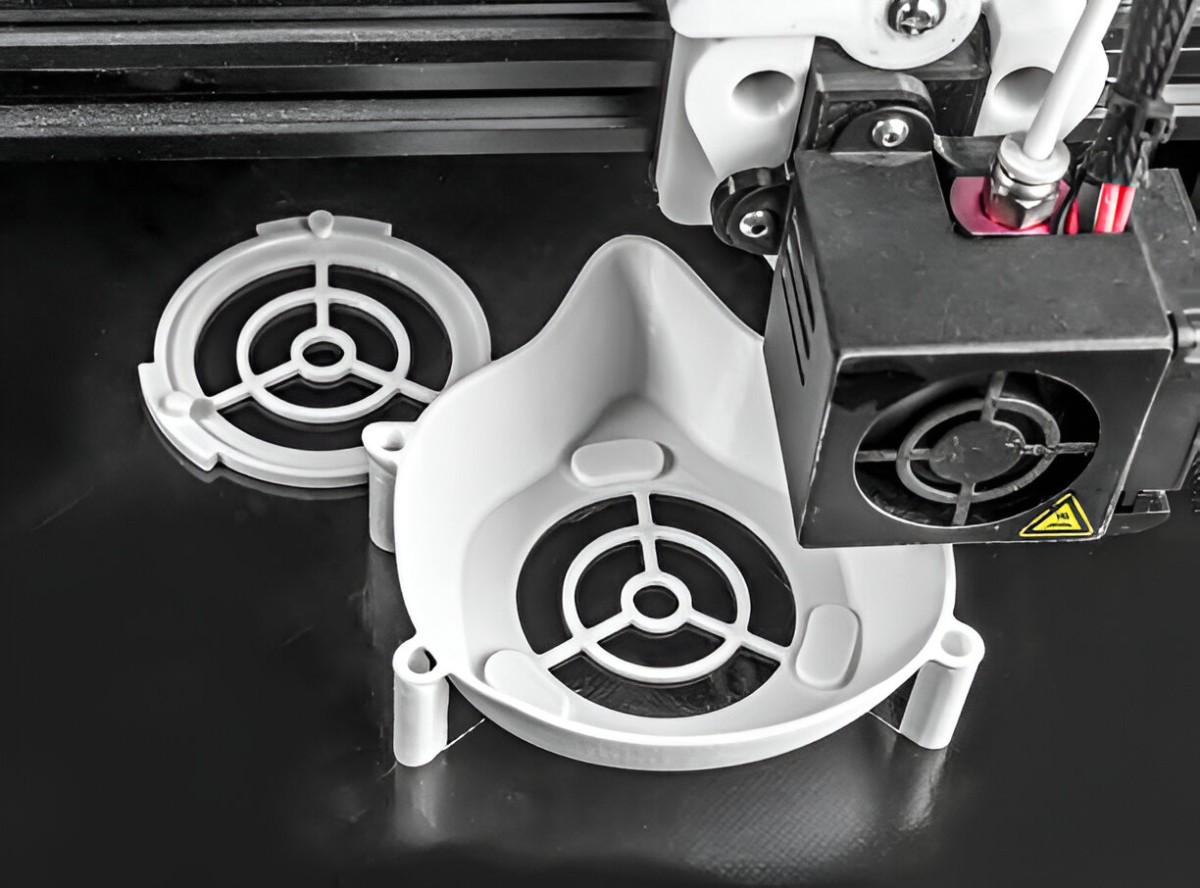 A 3D Printed Coronavirus Mask
A 3D Printed Coronavirus Mask
Image Description: The image shows a 3D printed coronavirus mask.
The fight against the Coronavirus has drawn everybody’s participation. From frontline medical workers, including doctors, nurses, virologists, and microbiologists, to government agencies and the everyday individual who has agreed to stay at home, wash their hands, and practice social distancing, the progress made against the virus will inevitably lead us to a solution. Some manufacturing businesses, some of which are our clients, have gone above and beyond in facilitating the availability of critical resources, including face masks, testing kits, ventilators, and ventilator components.
Companies like Tesla Motors, GM, Ford, Medtronic, Dyson, and Giorgio Armani have all donated, developed, and explored new ways to utilise their business assets to bridge the shortage gaps in medical and testing equipment driven by the COVID-19 pandemic. Companies like Carbon, Materialise, and Winsun have also made breakthrough test swabs prototypes, hands-free door handles, and quarantine rooms. Efforts like these have been recognised all around the community as selfless and impact-driving.
Rapid Solutions Currently
While the world is still yet to develop a cure for this deadly virus, rapid manufacturing is leveraging digital supply chains, rapid prototyping solutions, and data science to forge ahead. And while manufacturing may not be the key to the vaccine, here’s the unbelievable array of solutions that innovative companies have leveraged 3D printing and computerised machining to develop.
1. 3D printed Ventilator Parts
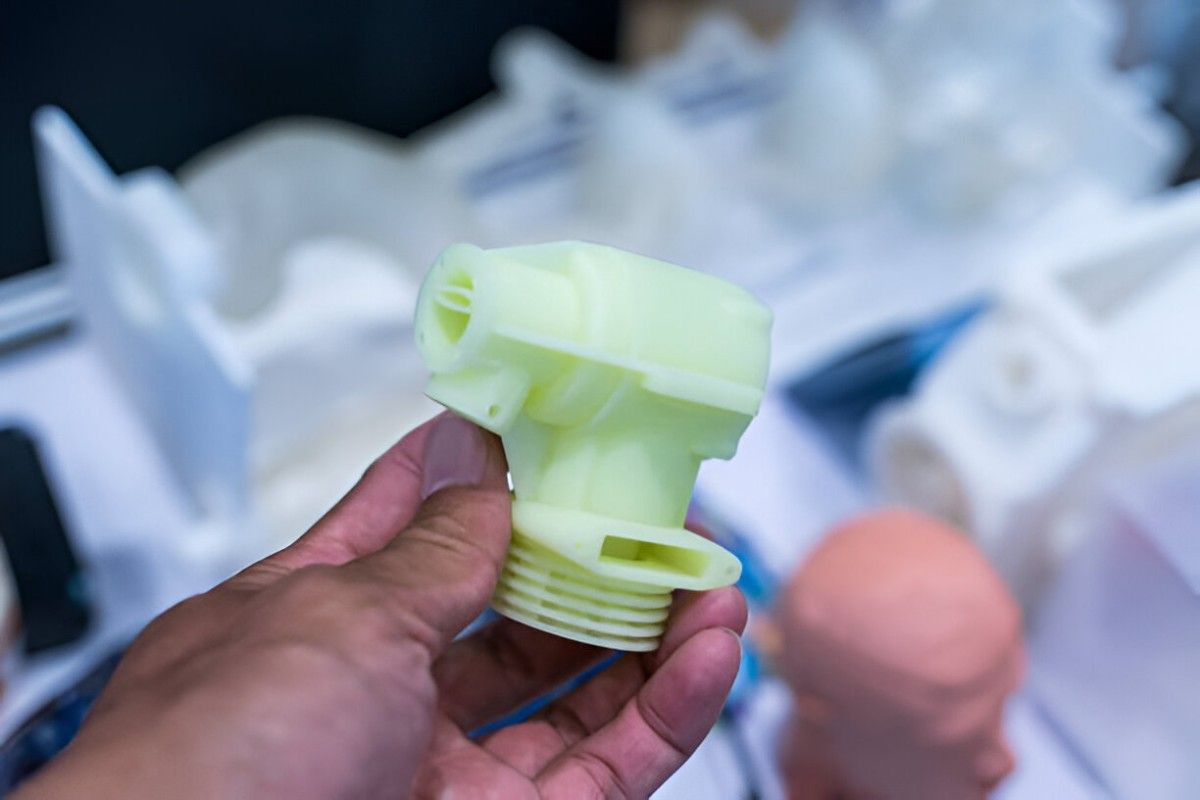 3D printed Ventilator Part
3D printed Ventilator Part
Image Description: The image shows a person holding a 3D printed ventilator part.
Medical engineers have leveraged the speed and rapid prototyping capabilities of 3D printing to develop electronic components of a ventilator since printing an entire ventilator isn’t 100% feasible with additional manufacturing. These parts and components were prototyped, tested, certified effective, and deployed for use on the same day in Italy in the wake of the COVID-19 crisis.
2. CNC/Sheet Metal Door Openers
Materialise, a global 3D manufacturer, has developed a hands-free solution for opening doors and mitigating the risk of spreading the virus by touching door handles. This occurred in the wake of the discovery by the US National Institutes of Health, revealing that the virus can linger on stainless steel surfaces for up to 3 days. Other innovations are foot-operated door opener levers that allow people to open the door with their feet or shoes. Since humans have considerably less interaction with their feet, this method helps to mitigate the risk of viral transmission through doors and other handles.
3. 3D Printed Test Swabs and Face Shields
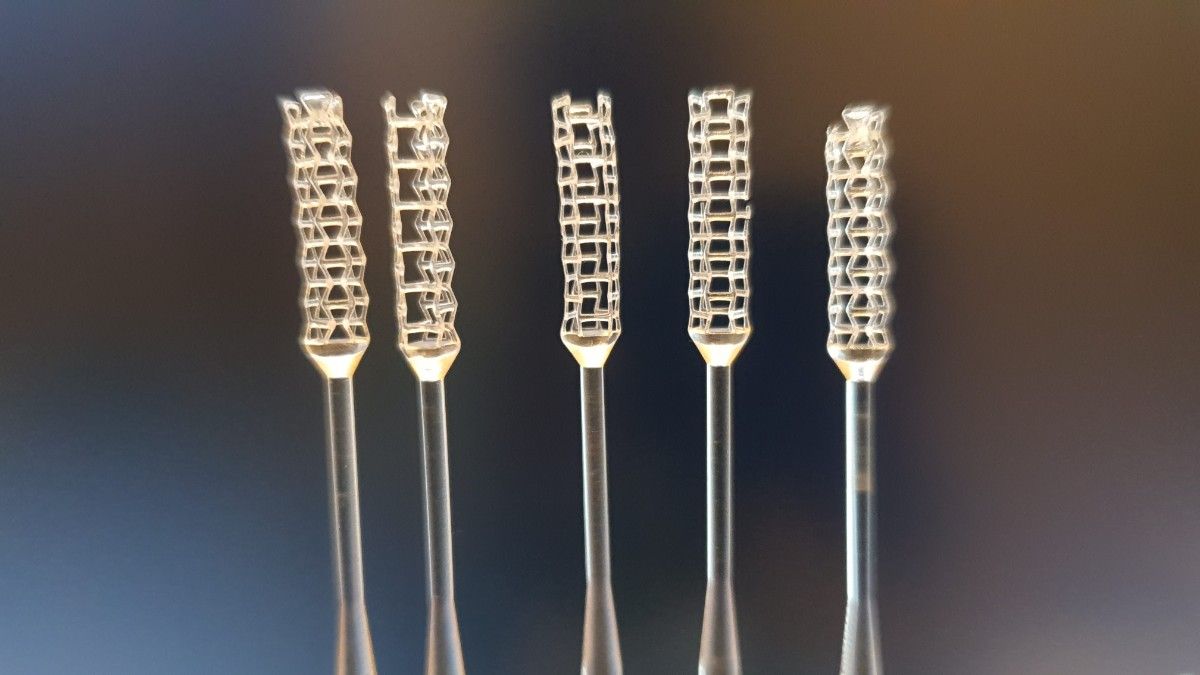 3D Printed Self-Adjusting Smart Swabs
3D Printed Self-Adjusting Smart Swabs
Image Description: The image shows 3D printed self-adjusting smart swabs developed for COVID-19 testing.
3D printing company Carbon has begun prototyping COVID-19 test swabs to help meet the urgent need and address the global shortage of test kits. The company has received a class 1 exempt device status for its 3D printed face shields to allow it to commence distributions to hospitals, while its test swabs are still in development.
Face shields have also been developed by major 3D printers worldwide, with market leader Stratasys set to manufacture 350,000 units in the coming days. Prusa, a 3D company, has also made downloadable digital models for face shields that can be downloaded and printed by just about anyone who has access to a 3D printer.
4. 3D Printed Quarantine Rooms
Winsun, a 3D architecture company in China, printed and donated 15 quarantine rooms to the specialised Covid-19 hospital, Xianning Central Hospital in Wuhan, China.
3D Printing at Premium Parts
Premium Parts offers a professional 3D printing service for making a wide array of product parts. Our additive manufacturing technology provides an excellent opportunity for valuable innovation that will aid in the fight against the Coronavirus. Our superior quality control systems ensure that all our deliveries are speedy and standard for every manufacturing size. Reach out to us on your project and determine the best materials and printing technology to use.


